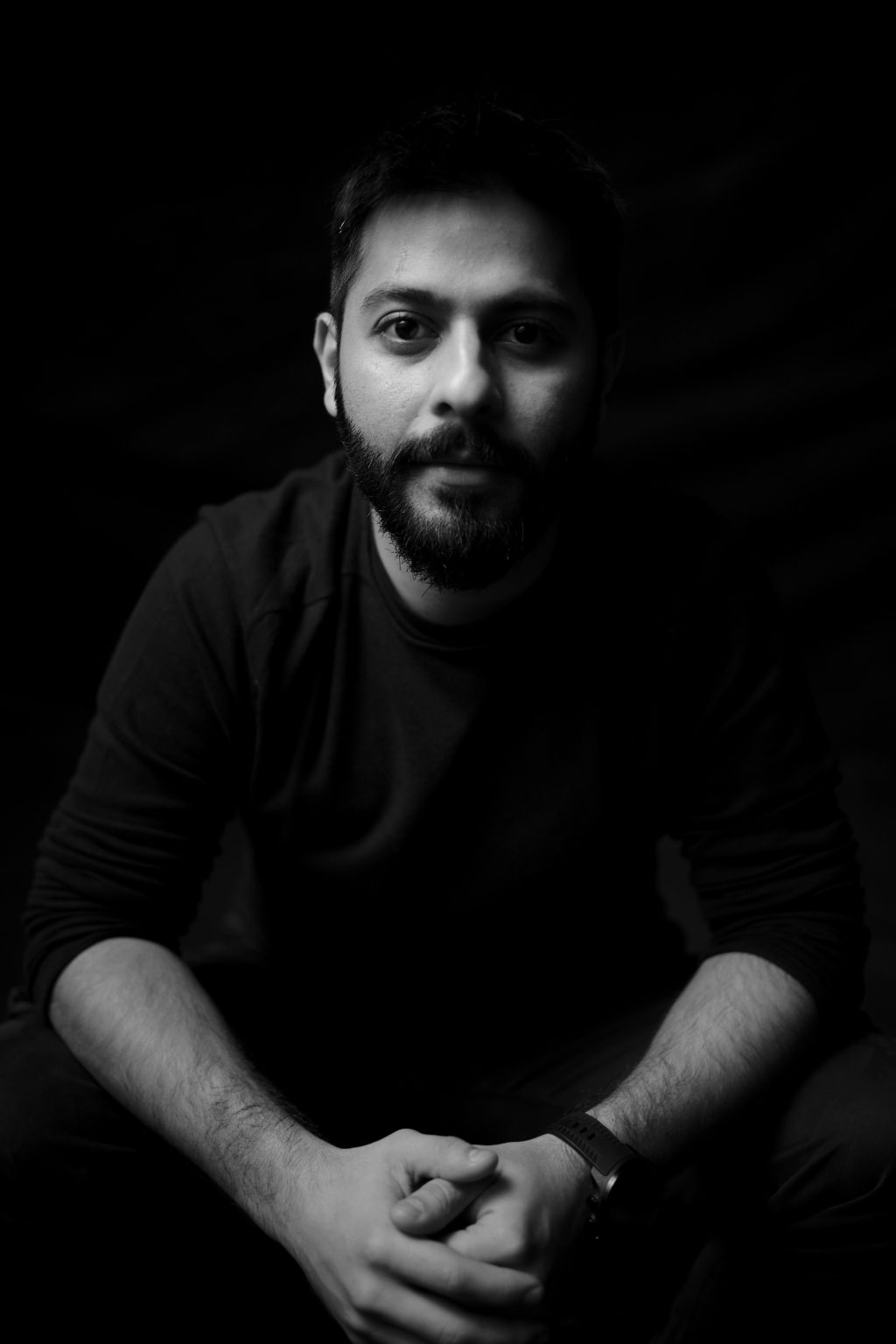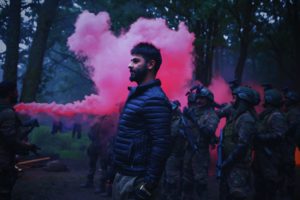Tapping into the ethos of a scene in the context of a narrative, usage of precise lighting to echo realism, projection of visuals that underscore the subtleties and subtexts of a plot – a list of very few of the finest work a cinematographer embeds into each film.
As much as a movie’s success is attributed to its script and acting, so much of its acclaim also goes into, how the script gained visual appeal. How did the movie embellish the emotions of a character and support that visually; also, how does it visually support the things left unsaid. How does it transition from one shot to the next? Fundamentally it really comes down to dissecting the story moment by moment so you understand what every scene, and therefore every shot, is about. And the man himself behind the iconic shots of Uri, Mitesh shares his journey with Insider! Presenting to you, from the horse’s mouth.
In Neerja I had to keep the camera on my shoulder for 45 minutes, moving around a very constant airplane. In URI I had the option to shoot all the blasts only once as we didn’t have to budget to do so another time. I think each film comes with its own challenges. That’s what makes it interesting.
Let’s rewind a couple years ago. Did you always want to be a cinematographer?
I started right after my 12th wanting to be a pilot but my father guided me towards a different path. I worked as an PA on an American television show which was filming in Mumbai and had a great learning experience there which lead me to understand that I love the camera department. There were lots of crew members who guided me through the process but one stood out for me who was the producer on URI -Sonia Kanwar. She was the one who actually pushed me then and now both to pursue my dream.
Do you remember your first collaboration? How did that come about?
I worked on a Marathi movie called “Vakratuda Mahakaaya”. Not speaking a word of Marathi. I was shocked when the director asked me that he’d like me to be the cinematographer of this project to collaborate with him. I was all of 20 years old. I didn’t believe it. But it was really an experience to cherish and remember. When you’re right out of film school you are really raw and minimalistic which also helps you when there are 3-4 location shifts a day and we were shooting digital so that was also a huge help.
What is the one shot, that in your career so far has been particularly challenging but was extremely satisfying when you completed it?
I prefer to shoot a movie to take a shot that only serves the narrative not just because the shot is cool. I truly believe we are as an artist meant to shine behind the narrative. My last two movies equally threw challenges at me. In Neerja I had to keep the camera on my shoulder for 45 minutes, moving around a very constant airplane. In URI I had the option to shoot all the blasts only once as we didn’t have to budget to do so another time. I think each film comes with its own challenges. That’s what makes it interesting.
How does it feel to watch everything up-close?
Oh it’s the best feeling. To have a front row ticket to every show. To see the actors emote up close it’s a blessing to have such a job. I truly love what I do and cherish it every time I’m on a new set.
Budget constraints, managing dozens or more people on set, aside the artistic and technical aspects of achieving the look – multiple hats, does it get too overwhelming at times?
Well I think that’s what we signed up for as a cinematographer. I think a lot of it gets addressed in how strong a preparation we have. If you have a really strong team who supports you at all times it really helps in solving a lot of the problems. I have worked with the same team for about 5-6 years now. And I will continue to do so until they would still like to work with me. And that helps me focus about the bigger things like the shots and the narrative. In terms of the look. I usually plan ahead of how I’d like the film to look and subject to any on set changes.
What are your usual considerations before signing on to any movie?
My number one decision is based on the narrative. And second, if the director truly wants to work with me or am I just one of the many cinematographers that they are just trying to check the availability of. I prefer working with someone who truly wants me for my craft or talent, rather than my availability. I like to be on projects from a very early stage. And I think I’m blessed be able to do so on the next ones that I plan on doing.
When you have scene with recurring sets, do you keep trying to find different angles to keep the narrative less repetitive?
Not consciously. I usually try to serve what the scene demands. Yes definitely you try to make each frame different but the reason for that is not because the set is overexposed, it’s usually because of the scene depending or needing something. The other things I do is probably chance the choreography of the scene.
Do you mind that viewers might not look into the intricacies and appreciate the amount of effort that goes into each and every scene?
It might just take a second on the screen but we would know how much work went into something that appears almost effortless. Even though we spend really long in shooting it or whatever the problems are, we have to eventually look at it as a viewer. Because of that learning, I’ve started giving more importance on how to capture the emotion of the scene as opposed to worrying about the gimmicks. Although no doubt I love doing what I do, the gratification mean a little less to me than before.
Do you enjoy movies in the theatre or do you find yourself looking at how specific shots were captured ?
Well if the film is amazing I get lost in the narrative and forget about shots. But if it’s a really boring film that I’ve been dragged to, then I unfortunately am forced into looking at its flaws.
Many awards. Great recognition. What is it that still excites you to get out of bed in the morning?
Honestly. I love my job and I am really blessed to have a crew that is cheerful and positive all the time. Recognition is just a part of this all of this, which I’m really glad we’re getting our due as sometimes we do tend to get lost.
Lastly, What would be your advice to an aspiring cinematographer?
I would say less is more and keep it simple. The problem is not as complicated as we usually make it. They usually have a simple solution. Love and enjoy what you do and it will return the same to you.
Know a great story or want to tell us your own? Write to us at content@chennaiinsider.com and we will get in touch with you. For more updates follow Chennai Insider on Facebook and Instagram.


